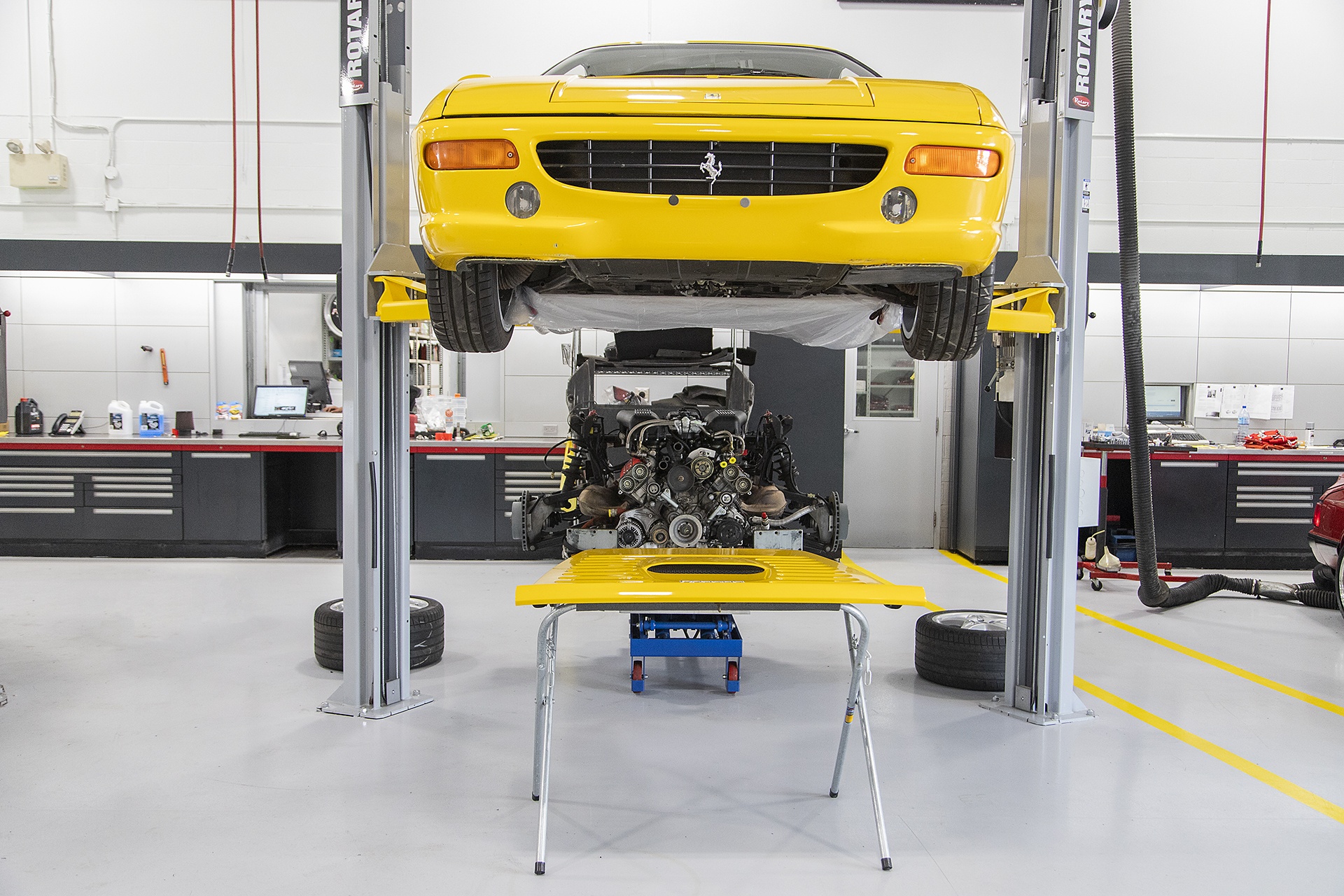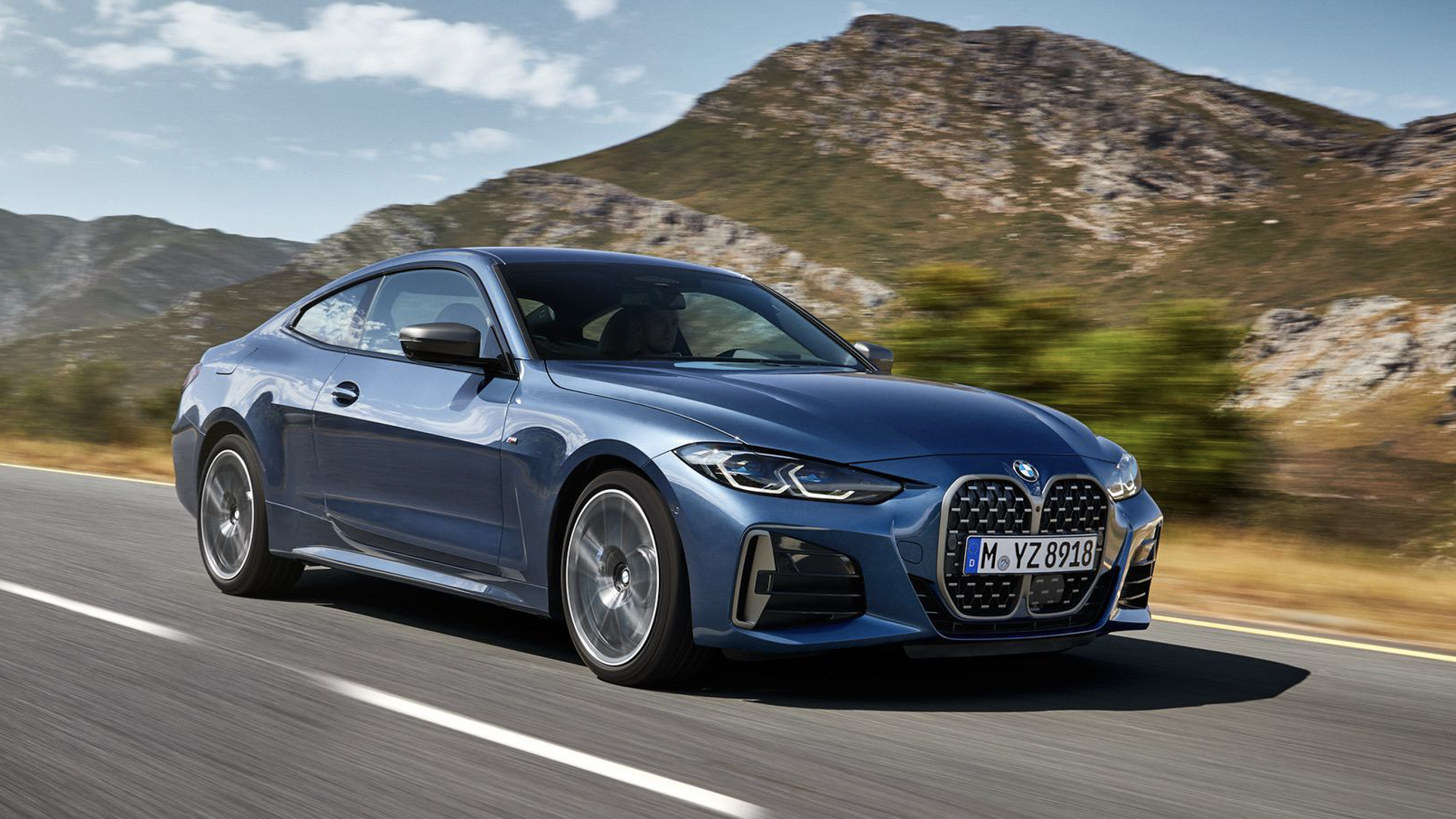If it seems like your car insurance costs are rising faster than the cost of living, you’re not alone—and you’re not wrong. In fact, car insurance rates have been rising steadily throughout 2021; the average cost to insure a vehicle in the USA is now $1451 per year.
Of course, those of us who own sports cars and other high-performance vehicles can expect to pay even more for insurance (for example, the average rate to insure a Corvette is $2220 annually). But what makes insuring a sports car so much more expensive, why are rates continuing to rise—and most importantly, what can you do about it?
Factors that Contribute to Car Insurance Costs
Generally, the following factors tend to have the most influence on auto insurance costs throughout the United States:
- How old the owner of the vehicle is
- The type of vehicle being insured
- The owner’s credit history
- Where the owner lives
However, some of these criteria—in particular, the type of vehicle being insured and the state it’s being insured in—are far less straightforward than they might seem. Let’s take a closer look at how tricky pinning down your car insurance costs can be.
Via Pfaff Tuning.
How Vehicle Type Affects Car Insurance
We already know that sports cars are more expensive to insure than sedans and other commuter vehicles, but what makes it that way? Moreover, why does the gap seem to be widening?
The easiest and most obvious answer has to do with the intrinsic value of newer and more expensive vehicles. Simply put, new sports cars tend to just be worth more than other cars, and having a higher Insured Declared Value (IDV) tends to make their premiums more expensive. So if you’ve recently purchased a late-model sports car, you’re obviously going to be paying more than someone whose car is a few years old. However, even that doesn’t explain things completely.
There’s also the cost of repairing a sports car to consider. You obviously can’t take your Lamborghini Huracán or Porsche 911 992 Turbo S to the nearest Jiffy Lube for service, and the same goes for repairs—fixing a sports car requires specialized skills and experience, specific parts, and particular tools that most garages just don’t have. That means any insurance you purchase for a sports car is going to have to cover much higher repair costs, and you’ll more than likely pay higher premiums as a result.
How the State You Live In Affects Car Insurance
Then you’ll have to consider where you want to insure the car. It would be a mischaracterization of near-criminal proportions to say that insurance rates vary arbitrarily from one state to the next. In fact, insurance rates in each state depend on numerous details.
For starters, there’s the average cost of medical care in your state. Remember, insurance isn’t just about covering damage to your car—it can include injuries as well.
Most insurers will also consider the rates of vehicle theft or vandalism in your state—specific to the type of car being insured. Which is to say, expensive cars that are more likely to attract the wrong kind of attention also increase your insurer’s risk and drive up premiums.
And of course, the likelihood and severity of accidents for your vehicle will play a role in determining your insurance, too. For the last few years, sports cars have been the type of car with the highest highest rate of fatal accidents—4.6 cars per billion vehicle miles.
While we don’t see owning a sports car as inherently dangerous, many insurers might be hard pressed to agree in the face of that statistic. This, more than any other factor, likely explains why insuring a sports car appears to be getting more and more expensive as time goes on.
Via BMW Blog.
Strategies for Controlling Your Car Insurance Costs
So, what can you do to avoid ridiculous insurance premiums for the cars you love to drive? Here are a few ideas:
Consider Pay-Per-Mile Insurance
If you own a sports car but don’t drive it on an everyday basis, you might consider trying to find mile-based insurance coverage. This type of insurance (also called pay-per-mile) allows you to pay for car insurance based on the number of miles you drive in a given billing period.
Mile-based coverage differs from a low-mileage discount, in that it doesn’t come off your regular premiums when you stay under a certain distance. Instead, your insurance company will use telematics to track how far you drive in each billing cycle and charge you a per-mile-rate at the end (on top of a standard base rate).
However, be advised that tracking your usage this way can tell your insurance company other details as well—for example, how often you engage in risky behaviour like rapid acceleration or abrupt braking. So if you only drive your McLaren 720S a few times each month but you act like a demon behind the wheel, this might not be the best choice for you.
Maintain a Clean Driving Record
Remember, every factor that goes into calculating car insurance is based on one thing: the perceived risk to the insurer. So in many cases, safe driving can actually save you money on your premiums.
Many insurers offer discounts of 10% or more for drivers who have been accident-free for a long enough period of time. You might also get your premiums slashed for taking safe or defensive driving lessons.
Compare Insurance Companies
Finally, remember that you’ll get different insurance rates from different companies—so there’s no need to accept the first quote you’re given. Instead, try shopping around at different companies for the best available rate.
How Much Car Insurance Do You Really Need?
Another way that vehicle owners often try massaging their car insurance rates is by removing certain types of coverage from their policies—but this isn’t always a good idea. Having insurance isn’t much good if it isn’t the right kind of insurance, and the more limited your coverage is, the less likely it’ll be to protect you when you need it most.
Besides, insurance helps you avoid financial risk. For example, trying to settle a car accident without an insurance policy can be a disaster—you might agree with the other party to leave the incident unreported, but there’s no way of knowing if they’ll honor that promise. Check out Hassbrook & Hassbrook’s post to read more about why car insurance matters and how to make the best use of it.






